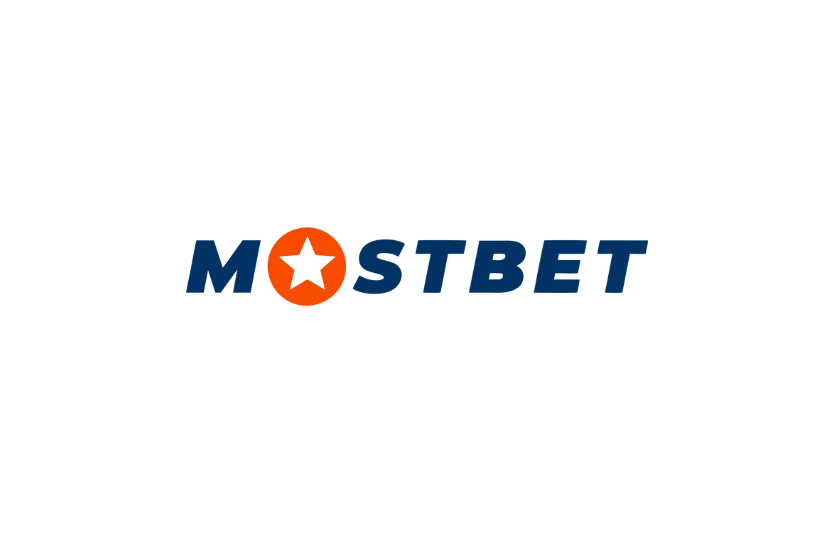
How to Spot a Reputable
When looking for reliable services or products, it’s essential to know how to spot a reputable source. The online marketplace is expanding rapidly, and while there are countless honest businesses, some may not have your best interests at heart. In this guide, we will explore various methods to identify a trustworthy provider, whether in betting like How to Spot a Reputable Online Casino in 2025 Mostbet, e-commerce, or other sectors.
Understanding Reputable Sources
A reputable company is one that consistently meets customer expectations, delivers quality products, and maintains excellent customer service. To find these kinds of businesses, consumers must be vigilant and informed. Understanding the traits of reputable companies is the first step in your journey toward making wise purchasing decisions.
Key Traits of a Reputable Business
Below are some key traits to look for that can help you determine if a business is reputable:
- Positive Reviews and Ratings: Check online platforms for customer testimonials and reviews. A consistent pattern of positive feedback usually indicates a business you can trust.
- Clear Contact Information: Reputable businesses will provide clear and accessible contact information, including a phone number, email, and physical address.
- Professional Website Design: A well-designed, easy-to-navigate website often reflects a company’s commitment to quality and professionalism.
- Customer Service: Reliable companies have responsive and helpful customer service teams. Ensure you can reach out and get assistance when needed.
- Certifications and Credentials: Look for any industry-related certifications or accreditations that validate the company’s legitimacy.
Conducting Research
Research is a powerful tool in identifying reputable sources. Here are some effective strategies:
- Use Trusted Review Websites: Platforms like Trustpilot, Yelp, and Google Reviews can provide insights into customer experiences with a business.
- Check Social Media Presence: A reputable business will likely have an active presence on social media platforms, engaging with their customers and addressing issues transparently.
- Seek Out Recommendations: Ask friends, family, or colleagues for recommendations based on their experiences. Word-of-mouth can often lead to discovering trustworthy providers.
- Review Industry Forums or Blogs: Engaging with forums and industry-related blogs can help you gather unbiased information regarding specific companies or products.
Identifying Red Flags

Equally important as spotting favorable signs is recognizing red flags that may indicate unreliability:
- Poor or No Online Presence: If a company lacks an online presence or has a poorly maintained website, it may signal lack of credibility.
- Inconsistent Contact Information: If a company changes contact information frequently or fails to provide genuine details, it can raise suspicions.
- Pressure Tactics: Beware of businesses that use high-pressure sales tactics, as they often indicate an attempt to manipulate customers into making hasty decisions.
- Weak Customer Support: If a company is unresponsive or dismissive of customer inquiries, this could be a sign of problematic business practices.
- Hidden Fees or Policies: Always read the fine print. Companies that hide fees or have vague policies may not be fully transparent.
Verifying Company Credentials
Before engaging in any transactions, verify the company’s credentials. Here are some steps to do this:
- Look for Licensing: Depending on the industry, reputable businesses often need licenses or permits. Check with regulatory bodies or local authorities.
- Check for Industry Affiliations: Associations with well-known industry bodies can provide credibility to a company.
- Use WHOIS Lookup: To find out more about a company’s website, you can use WHOIS lookup tools to see who owns the domain and when it was registered.
Engaging with the Company
A good way to gauge a company’s reputation is to engage with them directly. Here’s how to do this effectively:
- Ask Questions: Don’t hesitate to inquire about their products, services, and policies. A reputable company will be happy to provide information.
- Request Testimonials or Case Studies: Companies should be able to provide testimonials or examples of their work that demonstrate their credibility.
- Assess Responsiveness: Take note of how quickly and effectively they respond to your inquiries. Timely responses can indicate a willingness to maintain good relations with customers.
Making Your Final Decision
After conducting thorough research and gathering information, you should be in a position to make an informed decision. Weigh the pros and cons based on all the data you’ve collected. Take your time before committing to any purchase or service.
Conclusion
In a world teeming with options, knowing how to spot a reputable source can empower you to make the best choices for your needs. By understanding key traits, conducting systematic research, and recognizing red flags, you can distinguish trustworthy businesses from those that may not have your best interests at heart. Remember, a little due diligence pays off significantly in the long run. Stay informed, and you’ll find the reputable companies that align with your values and expectations.
